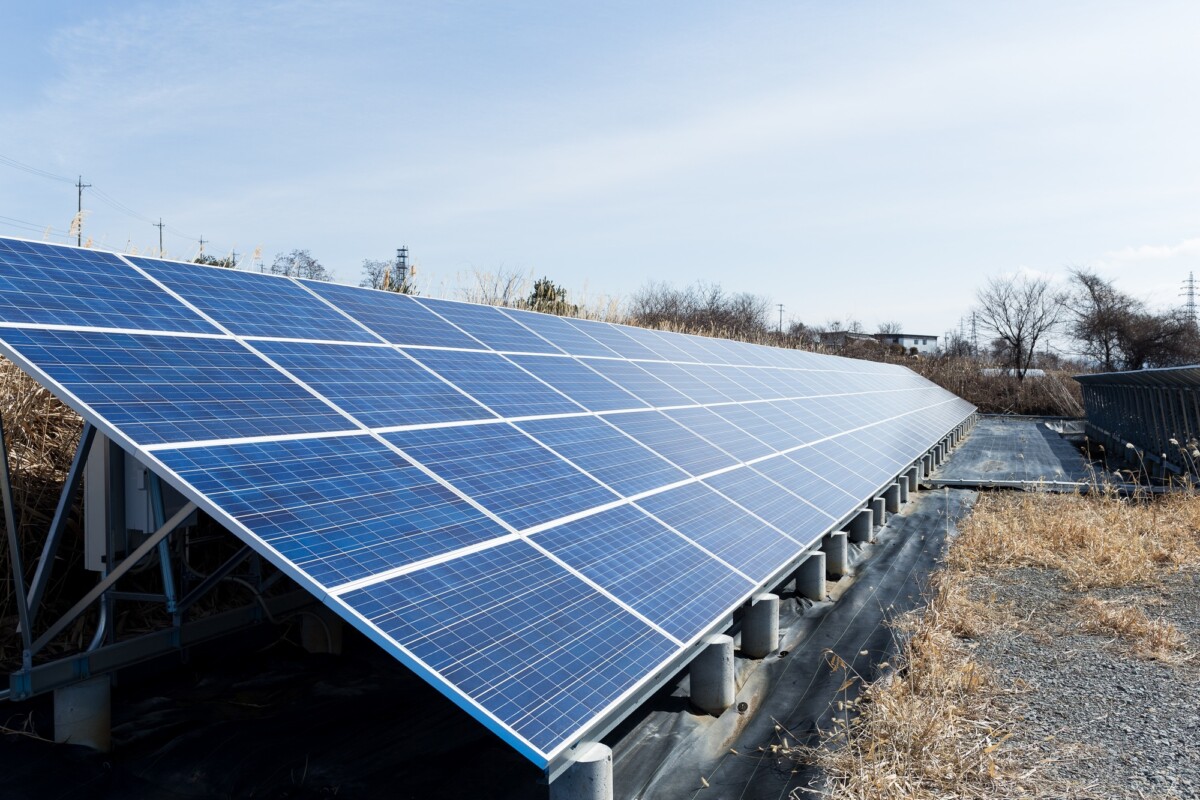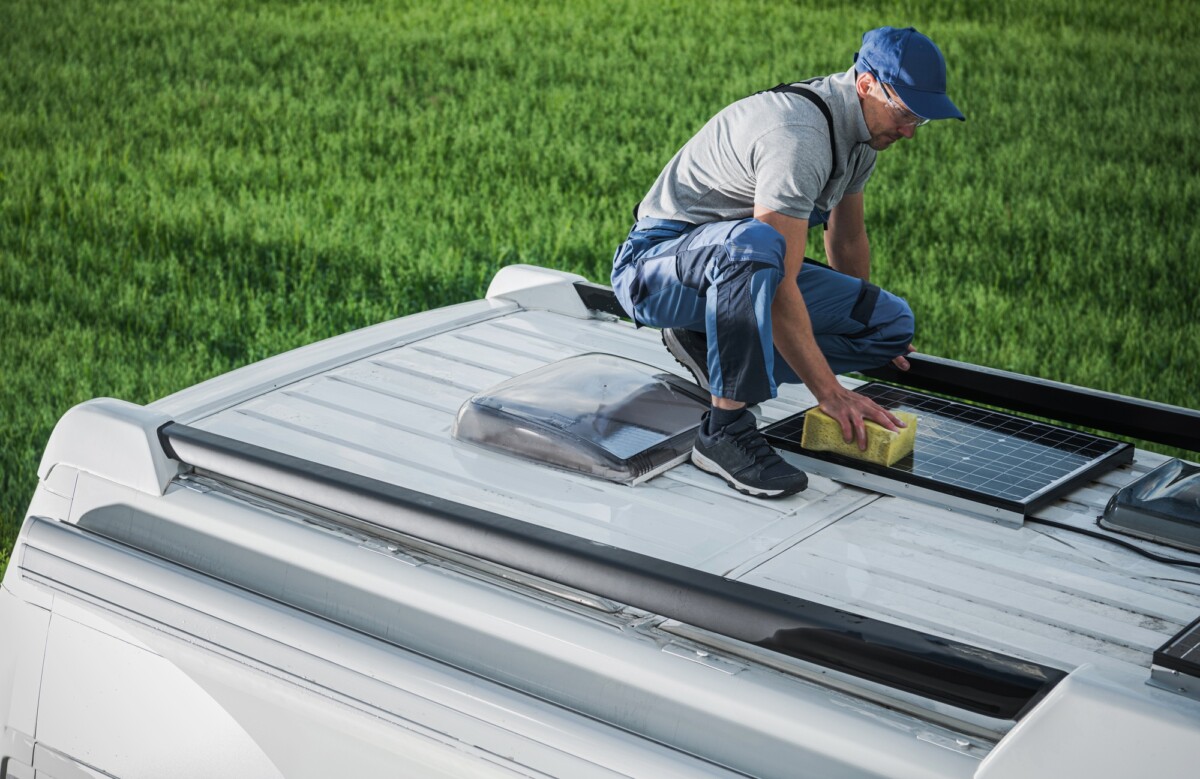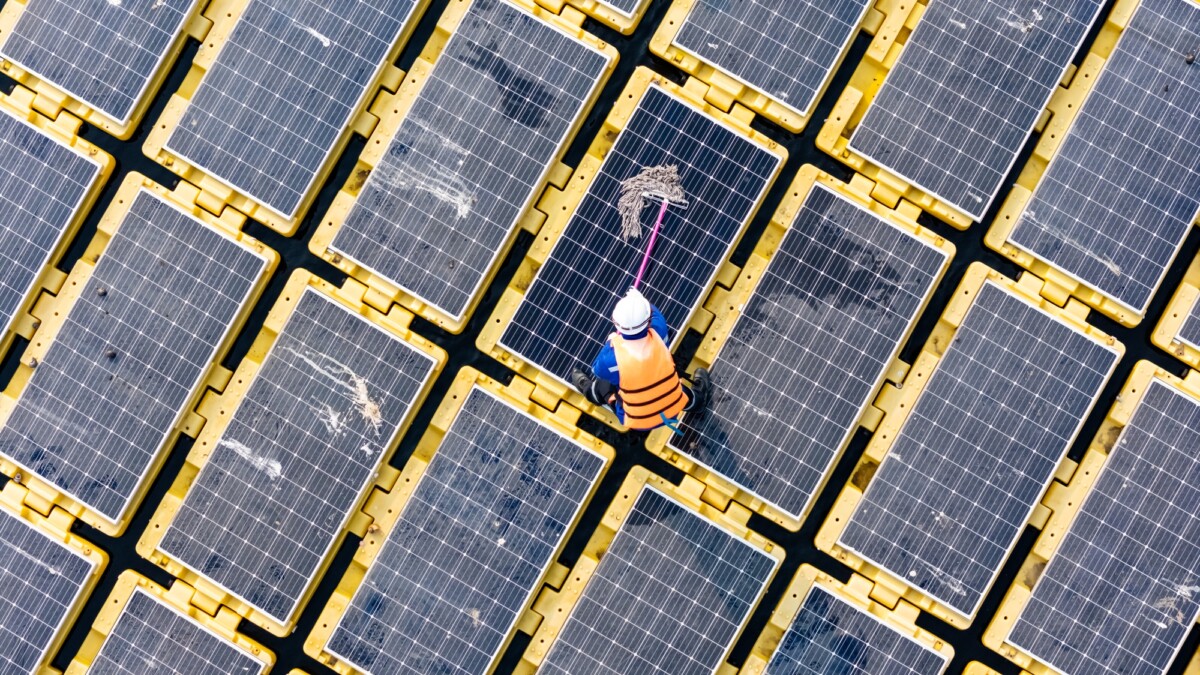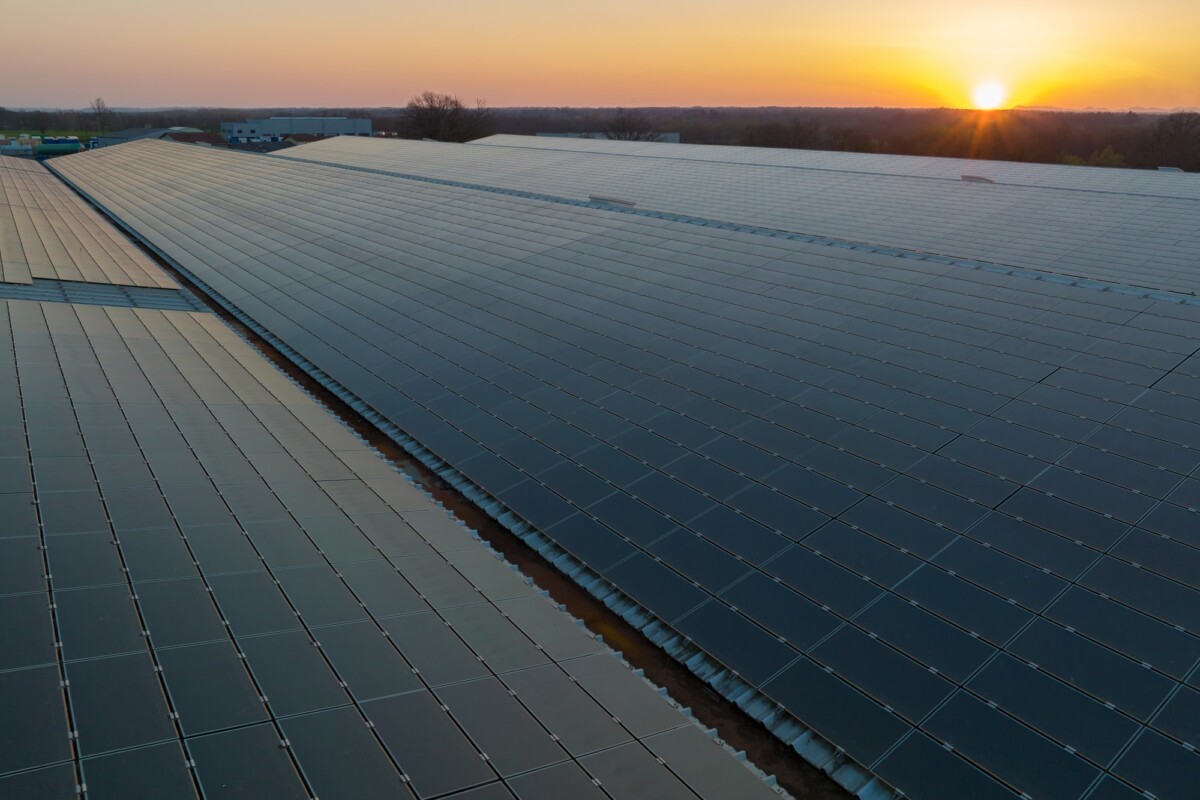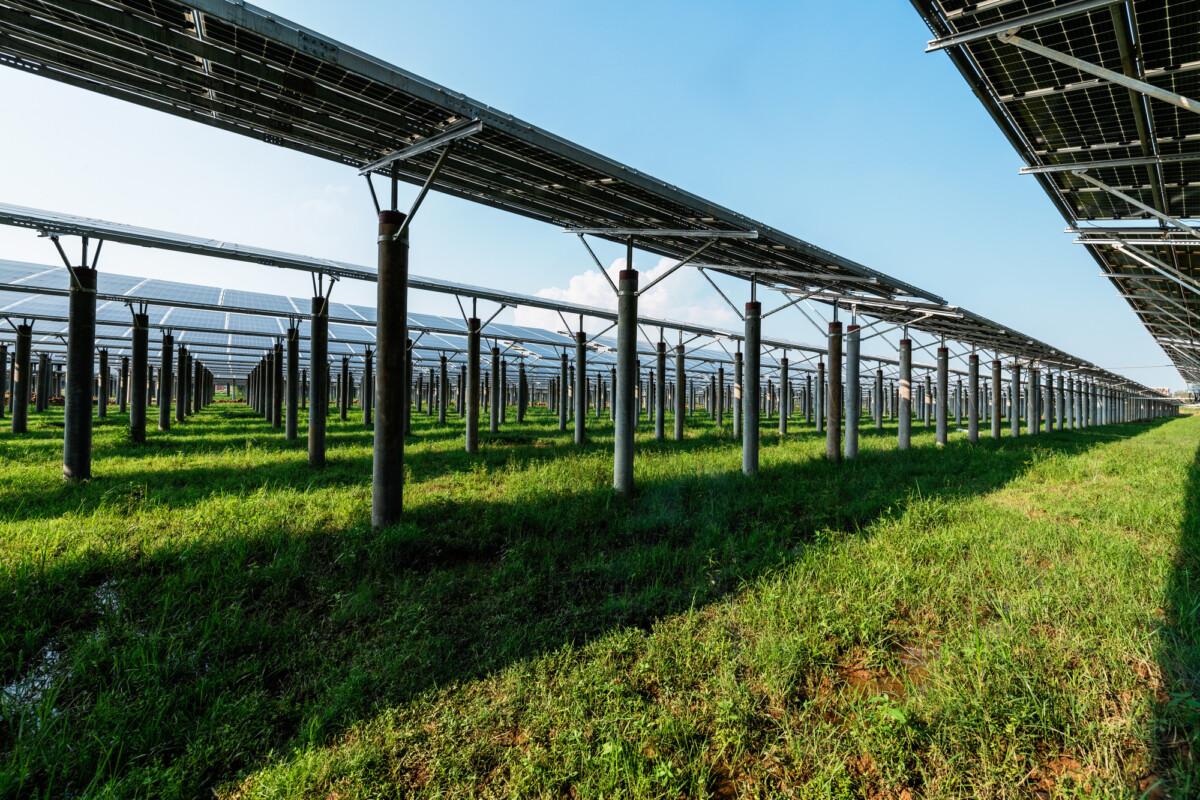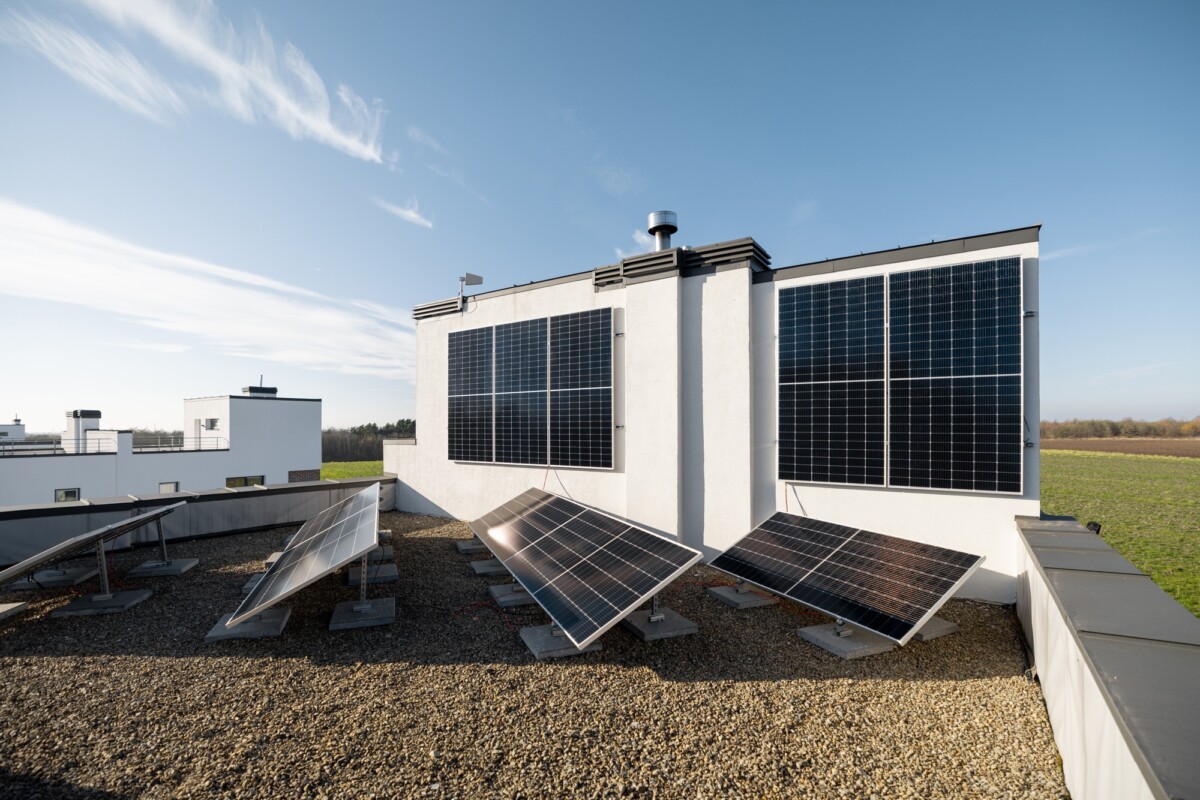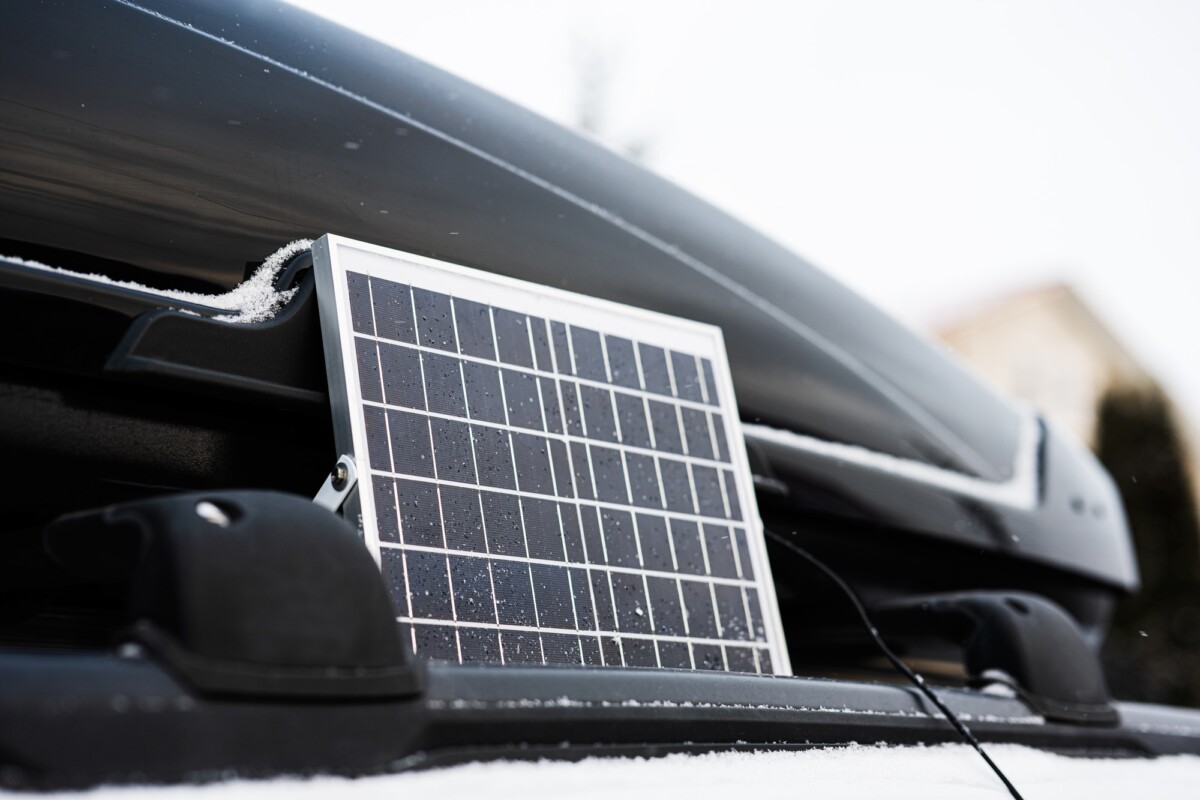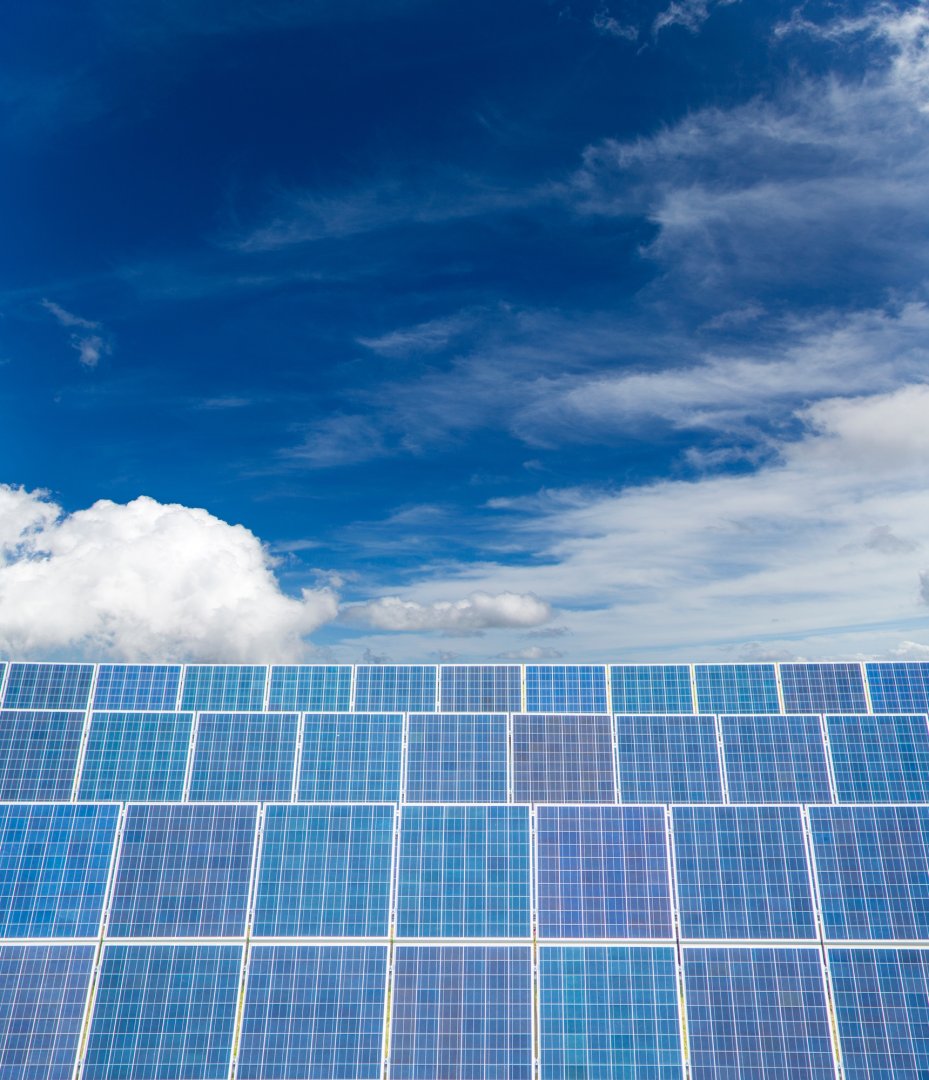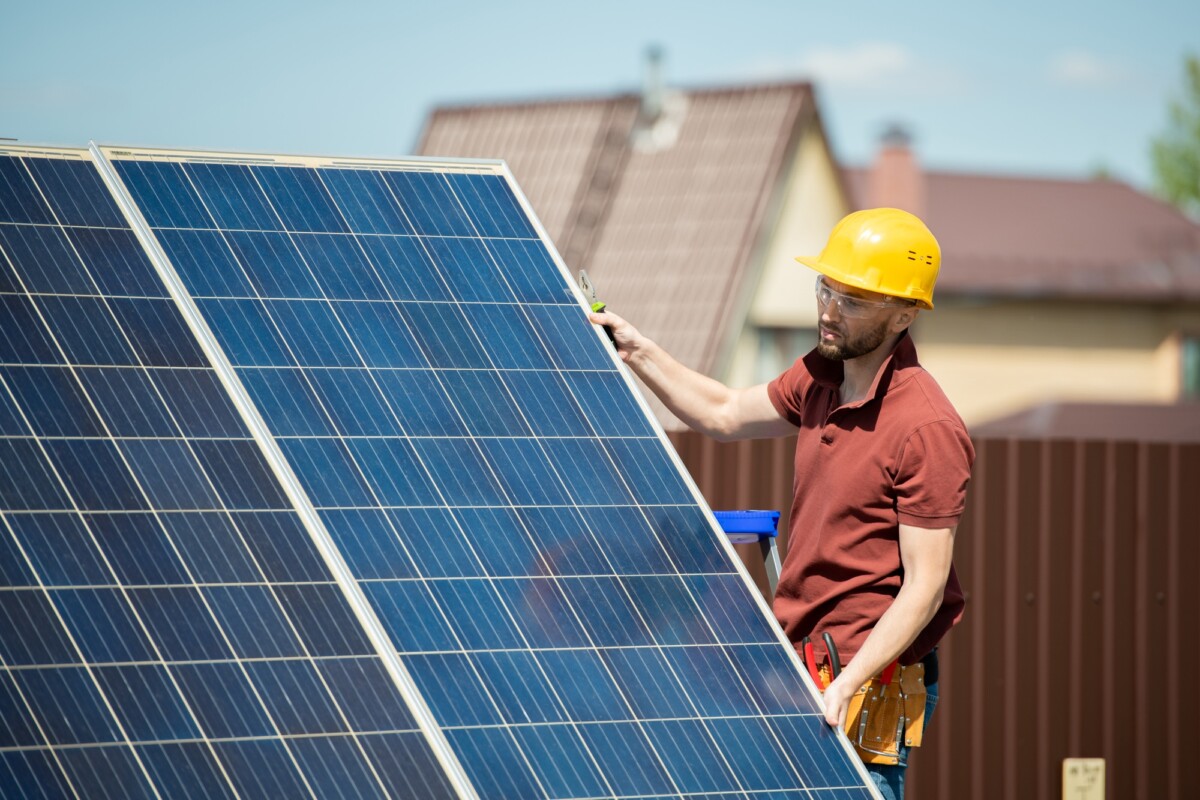Best solar generator is a phrase that has become increasingly relevant as more people explore clean and portable energy alternatives. From campers and RV users to homeowners preparing for power outages, solar generators have proven to be efficient, quiet, and eco-friendly solutions. Whether you’re interested in sustainable living, preparing for emergencies, or just want portable power for outdoor adventures, finding the right solar generator can significantly improve your experience.
In this detailed guide, we will explore what makes a solar generator the best choice for specific uses, how it compares to other power sources, and which features are most important to consider. By the end, you’ll have a comprehensive understanding of what to look for in a solar generator and how to pick one that meets your energy needs.
What is a solar generator?
A solar generator is a portable power station that uses solar panels to recharge a built-in battery. Unlike traditional gas-powered generators, solar generators do not require fuel, produce no fumes, and operate silently. Most models consist of three main components: a solar panel, a charge controller, and a battery with an inverter. These components work together to capture sunlight, store electricity, and convert it into usable AC or DC power.
Why solar generators are gaining popularity
The rising interest in solar generators is fueled by several factors:
-
Eco-consciousness: Solar energy is clean, renewable, and free after the initial investment.
-
Noise-free operation: Unlike gas-powered units, solar generators run silently, making them ideal for camping or indoor use.
-
Portability: Most solar generators are lightweight and easy to carry or roll, perfect for travel and emergencies.
-
Low maintenance: With no moving parts or fuel requirements, they require minimal upkeep.
-
Independence: Ideal for off-grid living, RVs, remote cabins, and emergency backup power during grid failures.
What to look for in the best solar generator
When searching for the best solar generator, you must consider more than just brand names. These are the essential features that define a good unit:
Battery capacity
This determines how much energy the generator can store and deliver. It is usually measured in watt-hours (Wh). For example, a 1000Wh generator can power a 60W laptop for about 16 hours.
Power output
Check the inverter’s wattage to understand what kind of devices you can run. A 300W inverter might be fine for small gadgets, while a 2000W inverter can handle refrigerators or power tools.
Charging speed
Some generators support fast solar charging with MPPT (Maximum Power Point Tracking) controllers, while others may take longer. Also, check if it can charge via wall outlets or car sockets as a backup.
Solar panel compatibility
A good generator should be compatible with a variety of solar panels and allow series or parallel configurations for faster charging.
Portability
Consider the weight and design, especially if you plan to move the generator frequently. Foldable handles and wheels are useful features.
Output ports
Look for a variety of ports including AC outlets, USB-A, USB-C, and 12V car sockets to ensure you can charge multiple devices at once.
Best use cases for solar generators
| Use Case | Recommended Battery Capacity | Common Appliance |
|---|---|---|
| Camping or hiking | 200–500Wh | Phones, lights |
| RV or van life | 500–1500Wh | Fridge, fans |
| Home emergency backup | 1000–3000Wh | Routers, CPAP, lights, TVs |
| Construction or field work | 1500Wh+ | Power tools |
For campers, a lightweight solar generator that can run lights and charge devices is sufficient. For homeowners, a larger unit that can run kitchen appliances, medical equipment, or home networks is more appropriate.
Common brands and their strengths
While we won’t recommend a specific product in this guide, some manufacturers have established a strong reputation for solar generators:
-
EcoFlow: Known for ultra-fast charging and high wattage capacity.
-
Goal Zero: Durable designs and modular flexibility.
-
Jackery: Lightweight and ideal for travelers and campers.
-
Bluetti: Offers powerful models with large battery storage and LiFePO4 technology.
-
Anker: User-friendly, compact, and designed for reliability.
Solar generator vs traditional generator
| Feature | Solar Generator | Gas Generator |
|---|---|---|
| Fuel Source | Sunlight | Gasoline or propane |
| Noise | Silent | Loud |
| Maintenance | Minimal | Requires regular care |
| Emissions | Zero emissions | Produces CO₂ and fumes |
| Usability Indoors | Safe for indoor use | Not safe for enclosed spaces |
| Cost Over Time | Free energy after purchase | Continuous fuel costs |
Solar generators offer a modern, clean, and low-maintenance solution. While traditional generators might offer higher power output in some cases, the convenience and sustainability of solar generators make them better for most everyday and emergency uses.
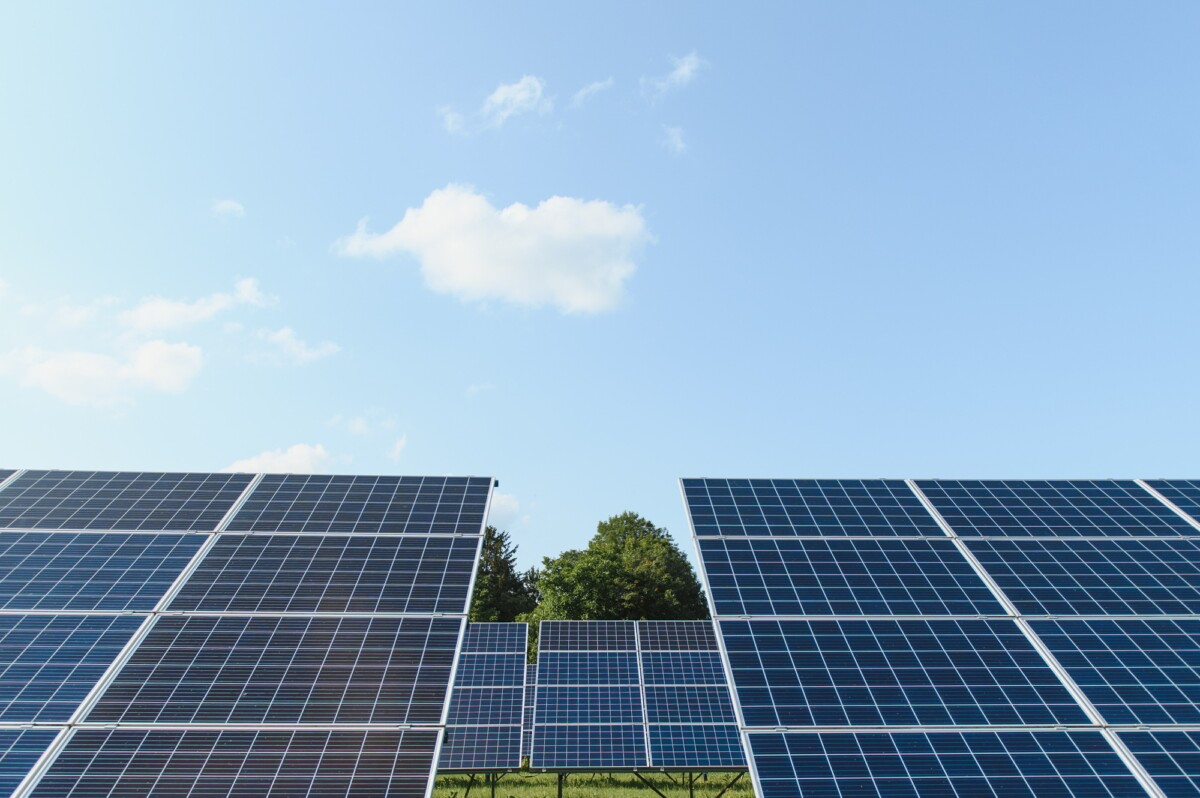
Ready to make the switch? Discover how solar power can lower your bills and boost your home’s efficiency. Get a Free Solar Estimate at FREE SOLAR POWER QUOTES
How to choose the best solar generator for you
When selecting a solar generator, assess your power needs first. List the devices you want to run and their wattage. Add up the total and pick a generator with at least 20–30% more capacity to ensure efficiency and reliability. Also, factor in how quickly you want it to recharge. If sunlight is limited, opt for models that also allow wall charging or feature fast-charging technology.
Example:
If you need to power a mini fridge (60W), a laptop (60W), and some lights (20W), that totals 140W per hour. Over 8 hours, you’d use about 1120Wh, so a generator rated at 1200–1500Wh would be ideal.
Expanding your solar generator system
As your energy needs grow, your system should be expandable. Many solar generators support:
-
Additional battery packs to increase capacity.
-
Multiple solar panels for faster recharging.
-
Smart app control to monitor battery usage remotely.
-
Integration with home inverters to serve as backup for home essentials.
Advanced models even allow for hybrid charging and energy optimization using AI-based algorithms for smarter energy distribution.
FAQs
1. Can I power my entire house with a solar generator?
Only high-capacity systems can power an entire house, and even then, only for essential appliances unless supplemented with multiple batteries and solar panels.
2. Do I need a solar generator if I already have rooftop solar?
Yes, rooftop systems often lack battery storage. A solar generator serves as a mobile battery backup for portable or emergency use.
3. How long does it take to charge a solar generator?
Charging time varies. A 1000Wh generator with 100W panels might take 10–12 hours in full sun, while faster systems with MPPT can do it in 5–6 hours.
4. What happens when it’s cloudy?
Solar panels still generate power on cloudy days, but output is lower. Having a generator with large capacity helps maintain usability during low-sun conditions.
5. Are solar generators waterproof?
Most are weather-resistant, not waterproof. Use protective housing or keep indoors when not in use.
Closing Thoughts
Finding the best solar generator depends entirely on your intended use, power needs, and budget. Whether you are going off the grid, camping, or preparing for emergencies, solar generators provide a quiet, clean, and dependable source of energy. As solar technology advances, these generators are becoming more powerful and accessible, making them a smart choice for eco-conscious consumers. Start with a system that matches your current lifestyle but leaves room to scale as your energy needs evolve.
Join the solar movement today! Thousands are already saving—claim your free consultation to get started. Schedule Your Free Consultation at FREE SOLAR POWER QUOTES
Interested in more options? Take a look at SOLAR ENERGY for tailored solar solutions that suit your home!

